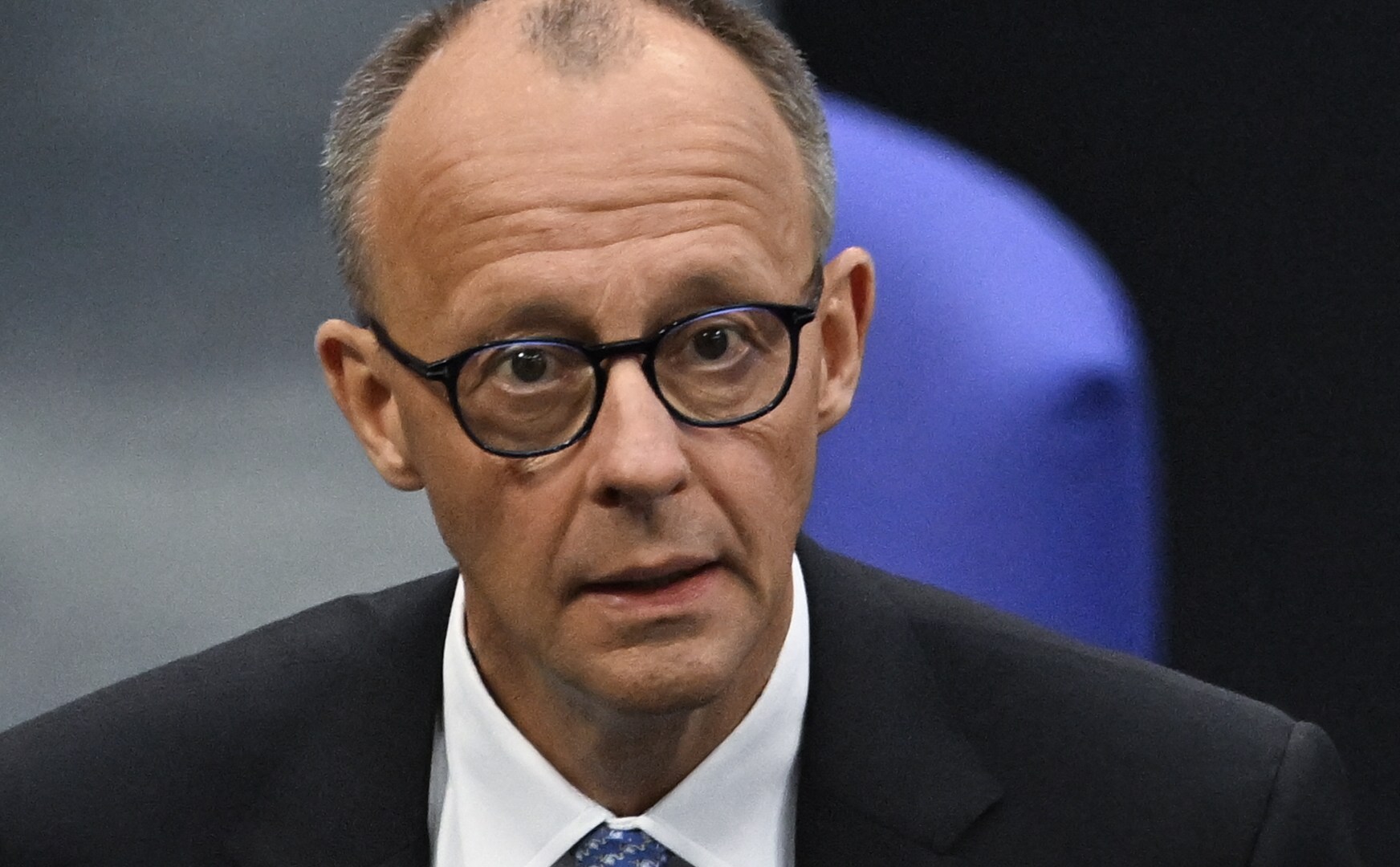Merz, who had been widely anticipated to win the parliamentary election, only received 310 votes in the secret vote on Tuesday.
The political parties will now convene to discuss the upcoming steps in the event that they don’t receive the required majority.
The Bundestag, Germany’s lower house, has 14 days to choose a candidate for chancellor who will need an overwhelming majority, either Merz or another. Next Tuesday could be the next voting session.
Although Merz’s CDU/CSU conservatives won 28.5 percent of the vote in the February national elections, they still need at least one coalition partner to form a majority government.
After Chancellor Olaf Scholz’s government fell, the CDU/CSU came to terms with the center-left Social Democrats (SPD), who had won just 16.4% of the vote in the elections last year.
The two parties would only hold 328 of the total of 630 seats in the Bundestag if the election were to be held by a majority.
In response to the far-right Alternative for Germany (AfD), which came second in the vote, the newly formed coalition had set ambitious goals, including promoting defense spending, boosting defense spending, and tightening immigration laws.
Source: Aljazeera

Leave a Reply